How betting on waste is boosting this Kenyan company’s kids furniture business
Ciiru Waweru’s business is never devoid of challenges.
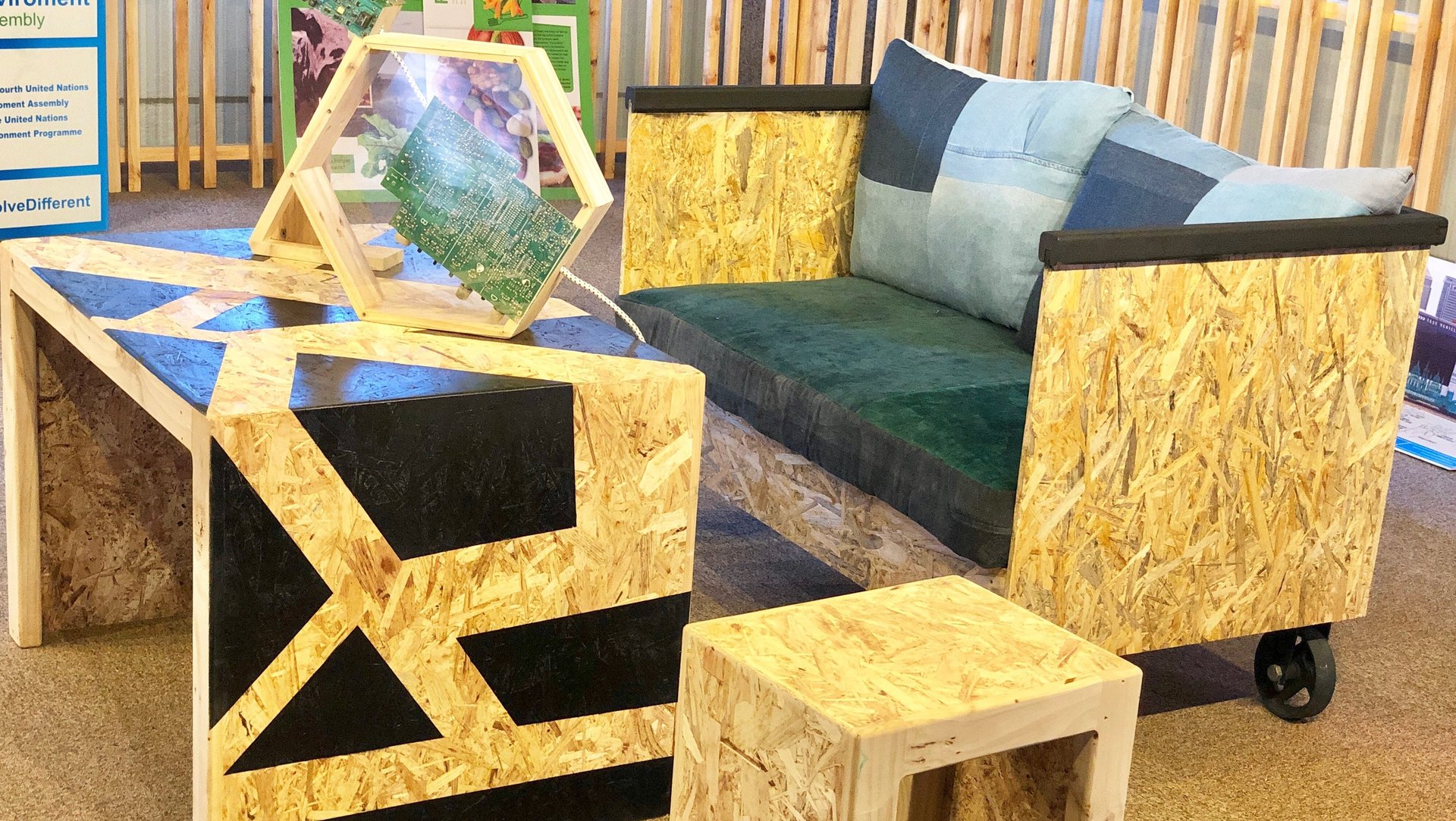

Ciiru Waweru’s business is never devoid of challenges.
The Kenyan entrepreneur deploys the latest technology in her furniture factory, using computer-controlled cutting machines to make children-friendly fittings. Yet every day, a donkey cart delivers water to the FunKidz workshop located in Kikuyu town, just 20 kilometers (12 miles) northwest of the capital Nairobi. Water supply isn’t her only challenge: electricity is unreliable too and the facility has to use diesel generators time and again.
Besides reducing productivity, these factors make the production process more expensive, hindering the final products’ competitiveness in the local and global market.
Almost a decade since starting her company, FunKidz has however distinguished itself as a quality furniture brand, spreading beyond Kenya’s borders and striving in many ways to be the IKEA of Africa. Yet since the Kenyan government placed a moratorium on logging in February 2018, Waweru has faced a unique 21st-century challenge: how to ensure her functional and modern furniture business is sustainable and eco-friendly.
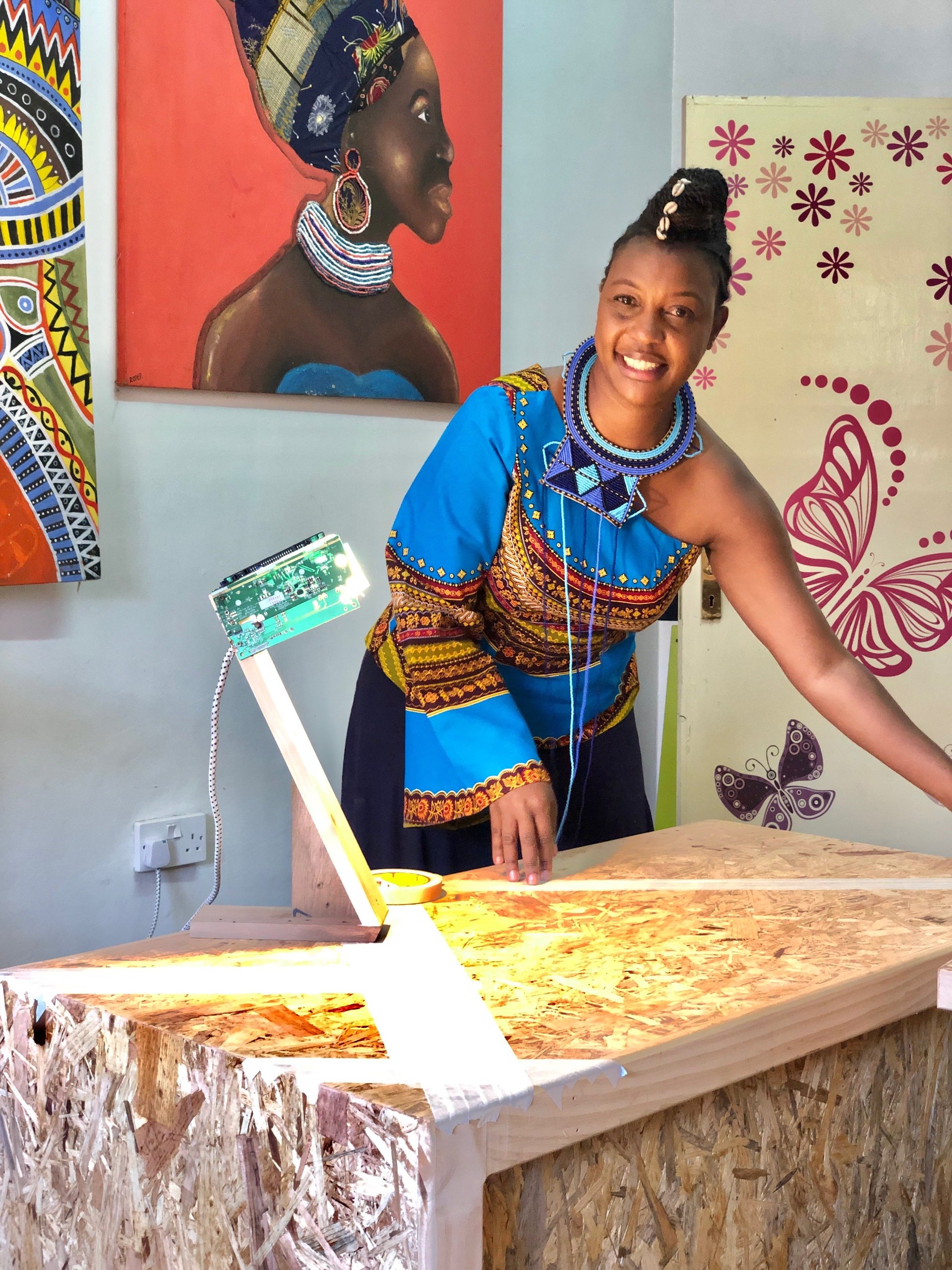
The Kenyan government’s impetus to stop the business of felling trees comes from the realization that more than 200,000 acres of forest cover had been destroyed in recent years. With increased droughts and delayed rains, there have been calls to take stringent measures to stop illegal logging, improve food security, address climate change and conserve valued biodiversity.
Since the ban was instituted, the price of timber has gone up, inducing a shortage in the market. Waweru, who doesn’t utilize products whose origin cannot be traced or verified, says this has limited her business’ ability to quickly source locally or regionally and hence grow faster. This is compounded by the fact that FunKidz still has to compete with the proliferation of cheap imported furniture.
Kenya’s producer price index, which excludes value-added tax and transport cost of the finished products, increased by 0.9% in 2018 due to the increase in prices of woods and its byproducts, according to the Kenya National Bureau of Statistics.
“Whereas I agree we must protect the environment and I completely love trees,” Waweru says, “What’s the plan B so that as a business I can see the future?”
Circular economy
After grappling with this question for long, Waweru believes the answer lies in circularity—or the circular economic model. The innovative business model relies on minimizing waste and ensuring outputs of the economy are reduced, reused and recycled.
The company is currently piloting projects using the waste from farmlands, schools, offices, and homes to manufacture a range of furniture products. This includes a partnership to repurpose waste pallets sourced from a telecom operator. FunKidz is also using leftovers like rice husk, mixing it with other fibrous properties of agricultural waste, and then compressing and compacting them to create boards that can be used in making furniture, classroom partitions, or even ceiling boards.

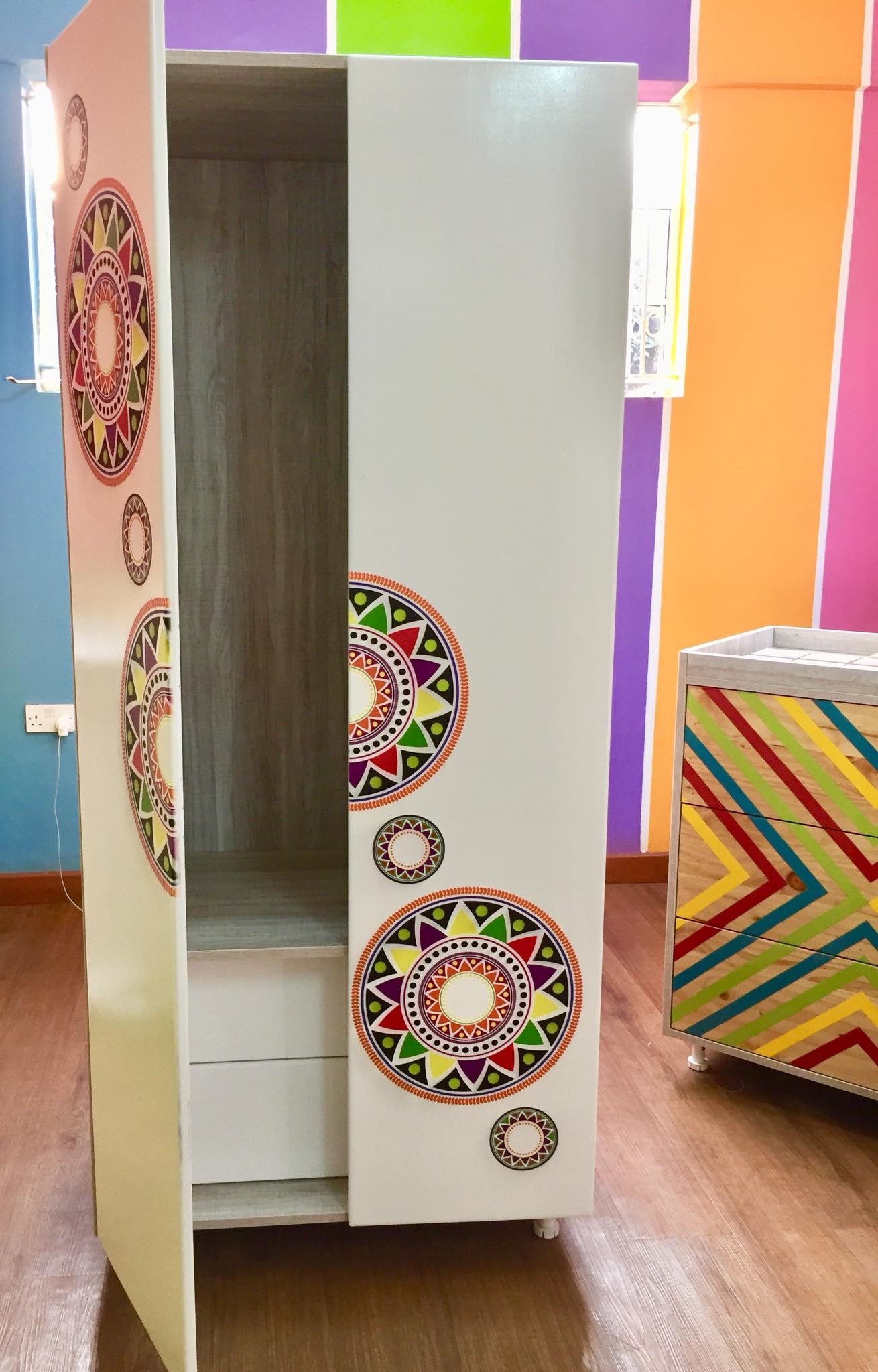
FunKidz’s strategy aligns with a slew of programs launched in Kenya in the past year aimed at enabling sustainable businesses and planting 1.8 billion trees. Even as the East African nation aims to enhance its manufacturing sector from 9.2% to 20% of its gross domestic product by 2022, businesses have been encouraged to adopt climate mitigating practices and green technologies.
While 57% of Kenyans would prefer to spend more on sustainably-made products, a study from the Association of Sustainability Practitioners in Kenya stated that 24% of Kenya’s company heads were unaware of the United Nations Sustainable Development Goals (SDG).
Globally, the way companies adhere to the SDGs, particularly the 12th goal that deals with ensuring sustainable consumption and production patterns have increasingly become a factor in their corporate social responsibility. A recent KPMG survey showed that 93% of the world’s 250 largest companies (in terms of revenue) were now reporting on sustainability, as were three-quarters of the top 100 companies in 49 nations.
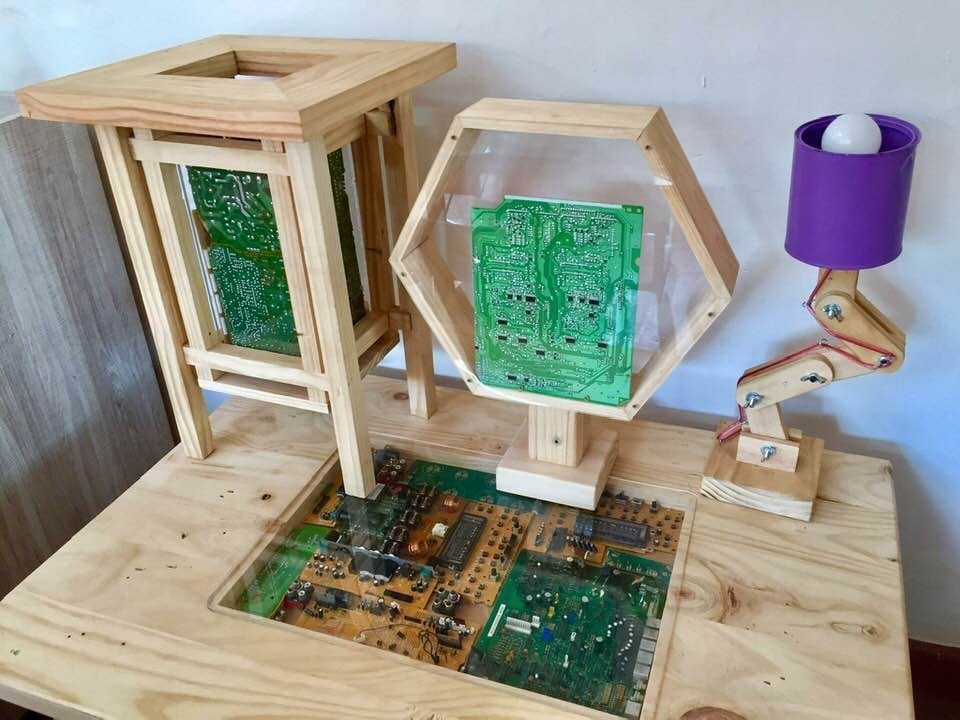
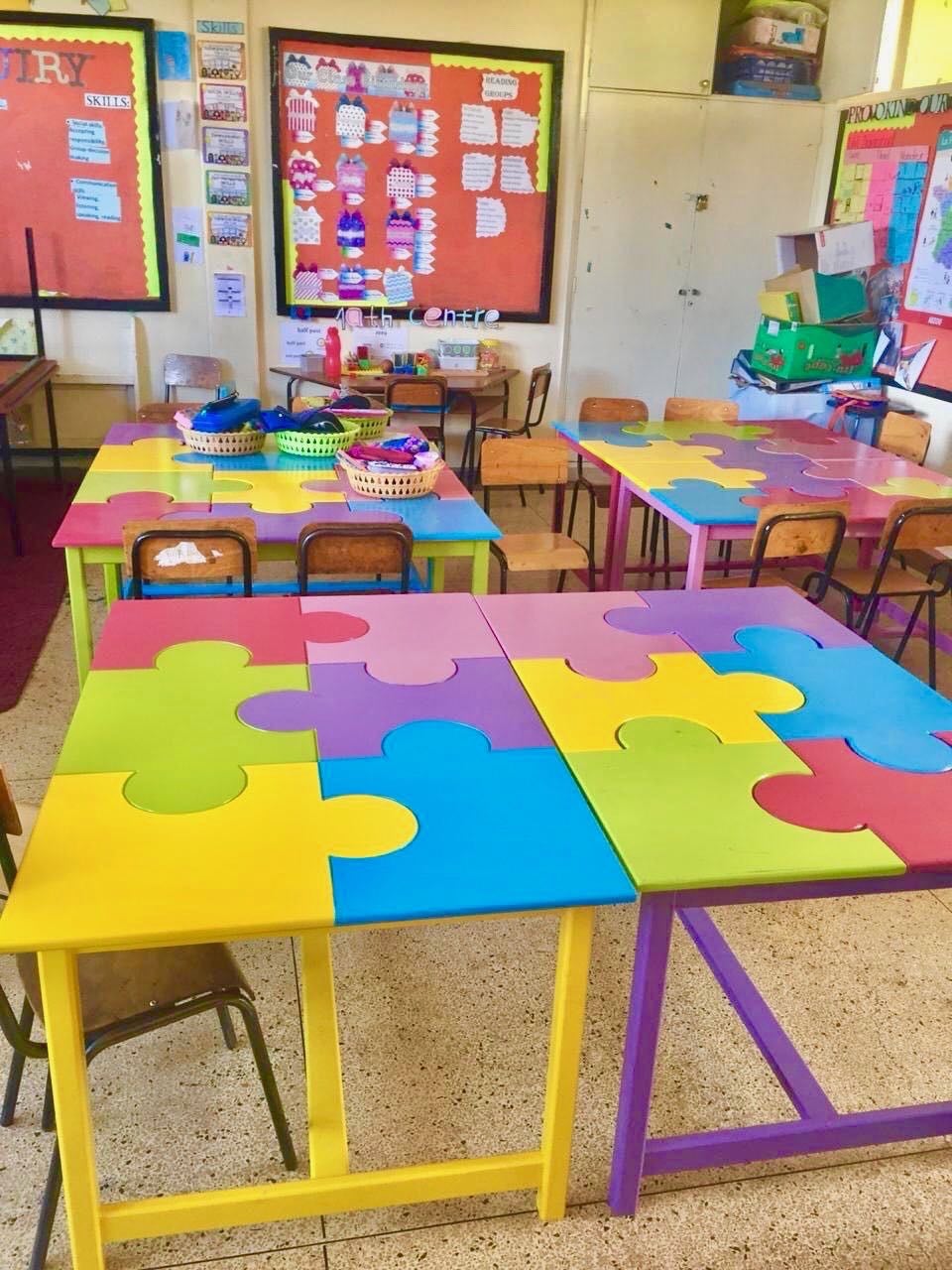
Waweru is taking the first of her environmentally-friendly products to schools around Kenya. Classrooms, the 2016 Quartz Africa Innovator says, “need to change and look happy and inspiring.” But to tie it completely with circularity, the schools will not receive the furniture unless they plant and consistently look after their own trees.
Waweru says she’s struggled with training and retaining women at her factory but hopes her new business model will create a supply chain that employs more women, especially farmers, who can be paid to collect, shred, dry and package the waste. This also plays into her hope that authorities would boost small-scale, decentralized manufacturing businesses that can make products that are currently exported.
“We need to get innovative,” she says. “When we think different, we solve differently.”
Sign up to the Quartz Africa Weekly Brief here for news and analysis on African business, tech and innovation in your inbox